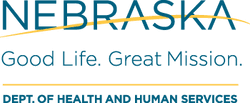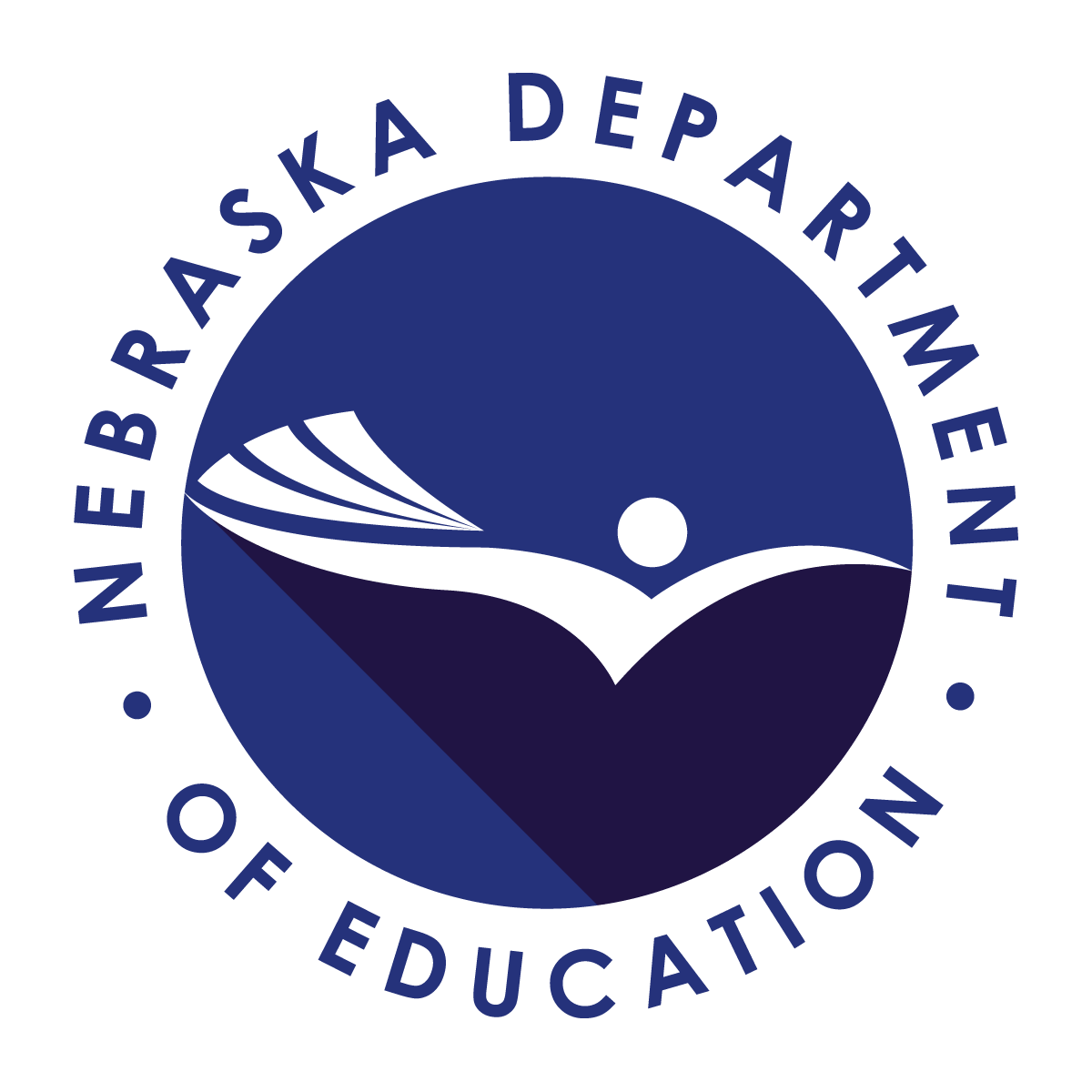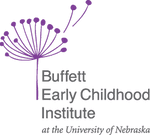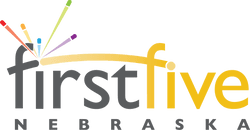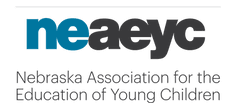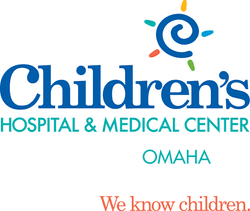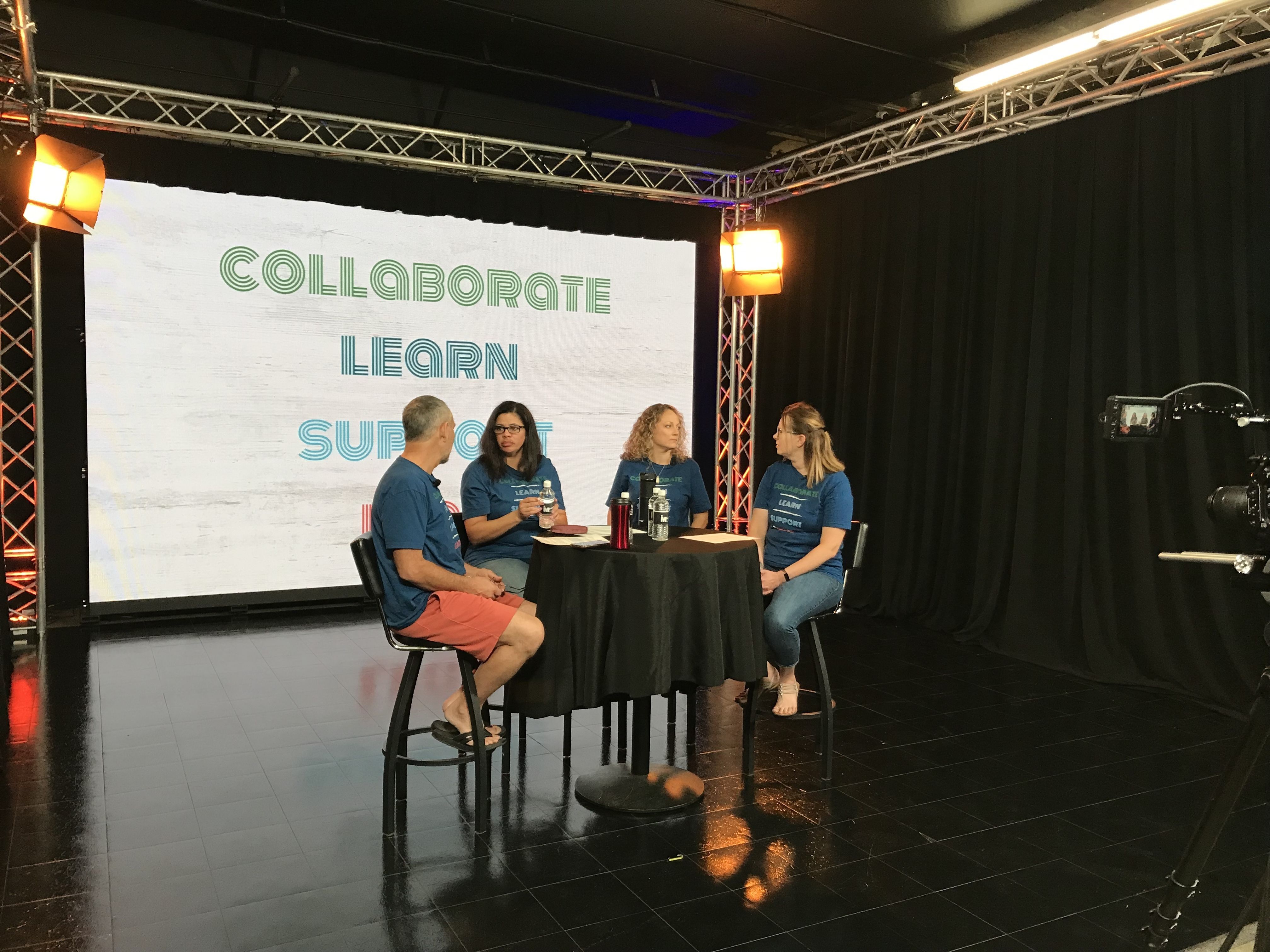
Todd Schmeeckle, father of 7 children, five of whom are adopted, has been a foster parent; a parent to special needs children; the Director of the Family and Men’s Shelters at People’s City Mission in Lincoln; a co-founder of a community house where his family lives and where he offers affordable housing to the homeless, to parolees, and to those making a new start; an organizer of the Parents Encouraging Parents Conference a parent-led conference that works with families of children with Individualized Education Programs, and, now, one of four parent advisors for the first Conference for the Families and Parents of Small Children.
For Todd, the work stems from a time in his life when he felt he was selfish. He now “seeks who God is” and believes that serving other people has made a difference. He believes in interdependence rather than independence, sharing a favorite quote from Mother Teresa to illustrate, “You can do what I cannot do. I can do what you cannot do. Together we can do great things.” Whether he meant to or not, he has encapsulated the guiding principle of the Conference.
The Conference for the Families and Parents of Small Children came about a little over a year and a half ago, when organizer Mariana Munoz de Schell said she was daydreaming with Nebraska Children’s Shannon Mitchell-Boekstal about a parent-driven conference where families and organizations partnered to bring Nebraska parents the resources they need in raising young children and the means to connect with their own communities to build local infrastructure. Six months later, with the support of the Nebraska Department of Health and Human Services, a budget built out of Preschool Development Grant funds was approved and planning was underway.
Crucial to the initial vision was a high degree of parent involvement in planning and production. Munoz de Schell and a conference team made up of multiple early childhood organizations quickly brought the four-parent advisory team into the process. Since then, Todd, Ashley Schmit, Raegan Brown, and Krista Meyer have been integral to building the event.

Munoz de Schell says of the group, “It has been fantastic that it has been driven by our parents. They’re excited to share their resources.” But it isn’t only resources they’re sharing. The group represents a broad spectrum of parenting experience: Meyer is mother to three boys who are neurally diverse (neurodivergent) and require special education services; Schmit has an 8-year-old son who is on the autism spectrum; and Brown came to parenting late, becoming a mother just before her 38th birthday.
The group offers a wealth of life experience as well. Schmit was a practicing nurse who worked with children until an accident left her without the use of her hand for two years. Meyer previously worked with Disability Services (adults with disabilities) for Region V Services. Brown has worked at Cedars Youth Services on the Prevention Team for 2 ½ years and then as a Training Coordinator for the last 3 years. Munoz de Schell said about her parent advisors, “I’m a parent but my experiences have been completely different. I’ve learned so much from them.” She thinks for a moment then adds, “They’ve been through so many experiences I haven’t.”
Experience has been key in developing the conference, the kind of experience that comes from raising children with diverse needs, experience in contacting organizations and advocating for those needs, experience in knowing the pitfalls of the system and the avenues to success for their children. Schmit describes when her fourth child was diagnosed with autism. She was contacted by Healthy Families America, who asked if they could visit her home. Her response, “I’d love for you to come visit me.” The passion of that response speaks volumes toward the situation that many families who are working hard to raise their children find themselves in. Brown puts it succinctly, “parenting is hard. If you feel alone, that makes it that much harder.” The conference then isn’t just about information; it’s about creating family peer networks, it’s about connecting families to organizations, it’s about developing programs that prevent that feeling of being alone.
Schmeeckle says that he is glad to be “the shared voice of the struggles parents are going through,” and each advisor expresses some version of this sentiment. But what they all want is to alleviate the source of struggles. Meyer says that she has been surprised by all the collaboratives that are taking place she didn’t know about. She wants to help parents make connections to these efforts. Brown has even used her expertise to create a “Feelings Booklet” that she will share at the conference. Schmit emphasizes the importance, based on her experience, of early intervention and wants to connect families to “each other and to the supports they need” as early as possible.
But as Munoz de Schell Points out, the conference isn’t just about resources. It’s about empowerment and parents knowing that their voices matter. Meyer states the importance of parent leadership, “When the professionals don’t know what’s going on in our lives, the obstacles we meet, getting involved is the only way to inform them of what we need.” Therefore, one of the most important aims of the conference is to work with families to become advocates within the system. As Brown puts it, “I hope this conference connects us on a broader scale. We’ll be more powerful; the more parents that get connected, the more impact we’ll make.” Conference sessions will thus offer strategies for working within communities and at the state level.
The parent advisors and involved organizations see the conference as more than a one-time resource presentation. Munoz de Schell says, “This isn’t just one event. We want to connect with families and continue to provide them with information and partner with them for the benefit of communities and children.” She notes that post-conference outreach will continue, that they will use parent feedback to inform early childhood services and to build materials for families, including a parent/provider newsletter, a family resources section of the website, a webpage of family engagement opportunities, and more.
We do what we can do, the organizations, the parents, the communities. But as Mother Teresa put it, we can do so much more when we collaborate to improve the system. And in that vein, I leave the last word to a collaborating parent, Ashley Schmit, “What the human experience is about is the relationships we have with other human beings—communication, compassion, support.”


